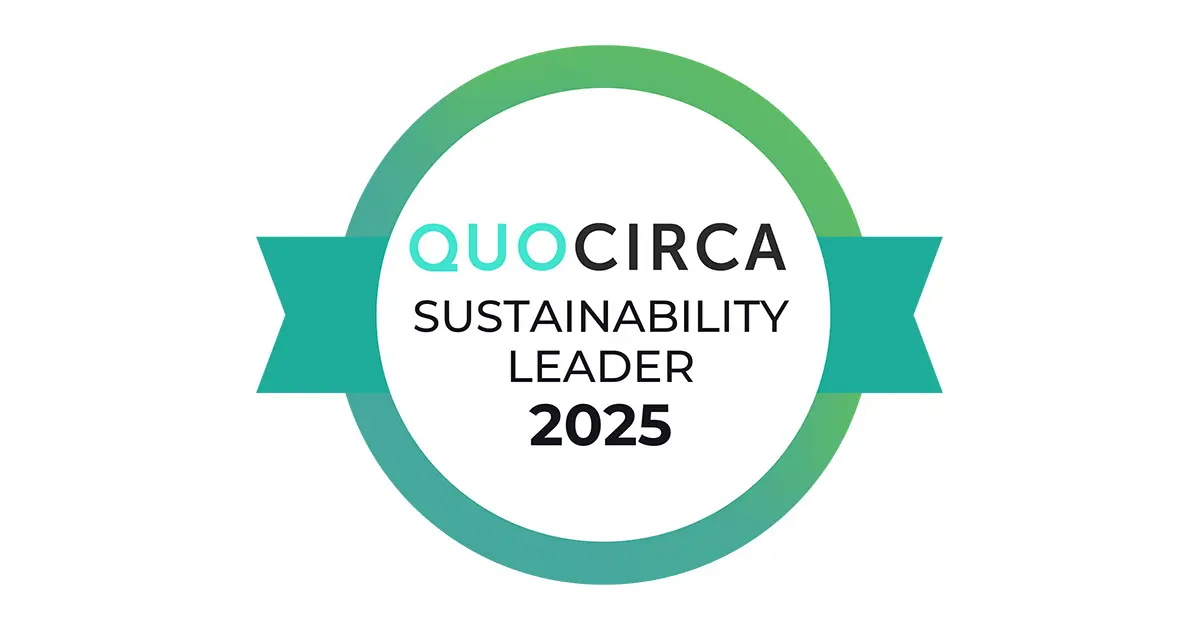Soon-to-be WVU graduate Leonardo D. Cuellar credits mentors and peers in the WVU John Chambers College of Business and Economics with helping him to build a mindset that has helped him succeed on campus and beyond. (WVU Photo)
Download full-size
Leonardo D. Cuellar came to West Virginia University with a plan. He knew his major from the start — Management Information Systems — and he knew he wanted professors who would mentor, connect and challenge him. He found that in the WVU John Chambers College of Business and Economics.

Leonardo D. Cuellar, graduating senior, Management Information Systems, WVU John Chambers College of Business and Economics (WVU Photo)
Download full-size
As a rising high school senior originally from Mexico and living in Texas, the first thing that put WVU on his radar was the plan for Reynolds Hall. To him, it wasn’t just going to be a new space, it was a signal that the University was investing in business students. When he dug into the curriculum, the fit felt even clearer. The coursework paralleled his goals, and offered an emphasis on practical problem solving and entrepreneurship.
Morgantown was a major shift but he settled in quickly, building community through the Connect Lead Innovate Motivate and Belong LLC program and by joining Data Driven West Virginia within his first weeks on campus. From the beginning, he said, faculty made a point to be accessible — encouraging students to ask questions, use office hours and consider their professors real resources.

In Reynolds Hall, Cuellar works through a client project as part of Data Driven West Virginia, the WVU Chambers College technology consulting outreach center that connects student teams with organizations across Appalachia. (WVU Photo)
Download full-size
“I believe we can be as good as the people around us, and I was looking for somewhere where they would bet on me and where I would be around good people that would help me grow personally, academically and professionally,” he said.
Data Driven West Virginia has been one part of his WVU story that’s helped him grow the most. Based in the Chambers College, the technology consulting outreach center connects student teams with small businesses, industry partners and nonprofit organizations across Appalachia. Students use applied technology to meet the real needs of their “clients.”
He started as a volunteer. Today, he’s a project manager.
He credits Data Driven with changing him from a shy freshman with real presentation anxiety to a confident student comfortable explaining technical work and steadfast when leading teams. It also broadened his technical range, giving him experience across tools and technologies, and the confidence to step into new problems quickly.

With a microphone in hand, Cuellar presents to an audience, an example, he says, of how Data Driven West Virginia helped transform him from a shy freshman with presentation anxiety into a confident project manager. (WVU Photo)
Download full-size
That work translated into internships. In professional settings, Cuellar said managers have asked if he’d already held a full-time job because they didn’t have to “hold his hand.” He said he believes that’s because he made early mistakes, learned fast and got coached through it all in Data Driven — all while doing work with a social impact.
“Our students are learning to be problem solvers using data and technology,” said Brad Price, chair and associate professor of business data analytics for Management Information Systems in the WVU Chambers College. “Our goal is to empower the next generation to put available business technology to its best use.”

Representing WVU Data Driven West Virginia, Cuellar and teammates connect with the community at an outreach event, sharing how student-led technology projects can create practical impact for local partners. (Submitted Photo)
Download full-size
When Cuellar talks about the ways WVU has changed him he talks about refinement.
“I was asked in an interview not too long ago ‘How do you react to things that are difficult, challenging or hard to you?’ I answered: ‘I embrace it.’ Even though I believe I have always been a strong-minded person, WVU taught me how to be comfortable being uncomfortable,” he said.
A December graduate, Cuellar points to the collection of experiences that prepared him including faculty mentorship, complicated projects, coffee chats with professionals and four internships that built his range. He’s worked in geospatial analysis with the state of West Virginia, did accounting work with PwC, landed a Fortune 500 technology consulting internship with IBM, and worked on the technology infrastructure team supporting mergers and acquisitions projects at West Monroe, all before crossing the Commencement stage.

Cuellar stands at PwC during a consulting internship, one of several professional experiences he credits to early involvement, faculty mentorship and real-world, applied work through the WVU John Chambers College of Business and Economics. (Submitted Photo)
Download full-size
His advice to students coming to WVU is to get involved early and use the resources.
“Find your people who will push you, coach you and open doors,” he said. “And, most of all, follow your curiosity and learn like a sponge.”
He said he’s excited to watch the University’s expansion in AI-related degrees and coursework, including Applied AI and Data Analytics which launched this fall, and as part of the first generation of students who will be expected to use these tools daily in the real world. He can attest that WVU is preparing students exceptionally well, he said.
At the center of Cuellar’s story is the same idea that brought him to WVU in the first place — find the place that bets on you, then do the work to prove it right.
-WVU-

![Launch Time and Launch window of MICHIBIKI No. 5, Quasi-Zenith Satellite System (QZS-5) aboard the 8th H3 Launch Vehicle (H3 F8) [Rescheduled]](https://afnnews.qaasid.com/wp-content/uploads/2025/12/jaxa-thumb-240x240-2404.png)






